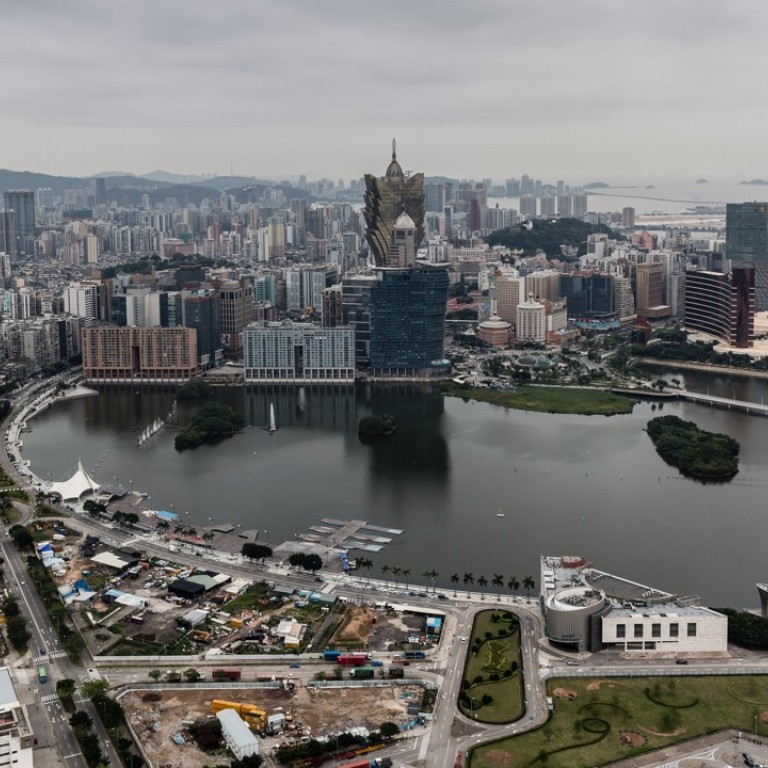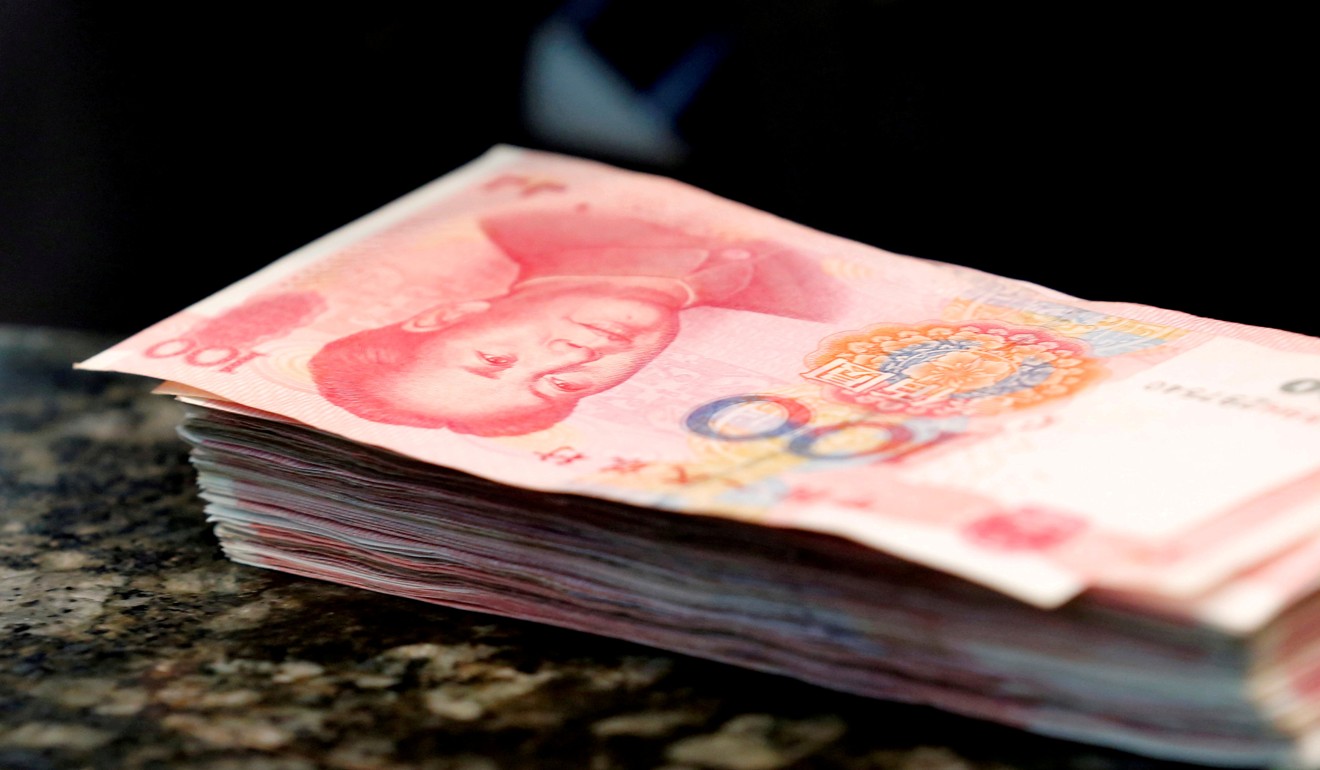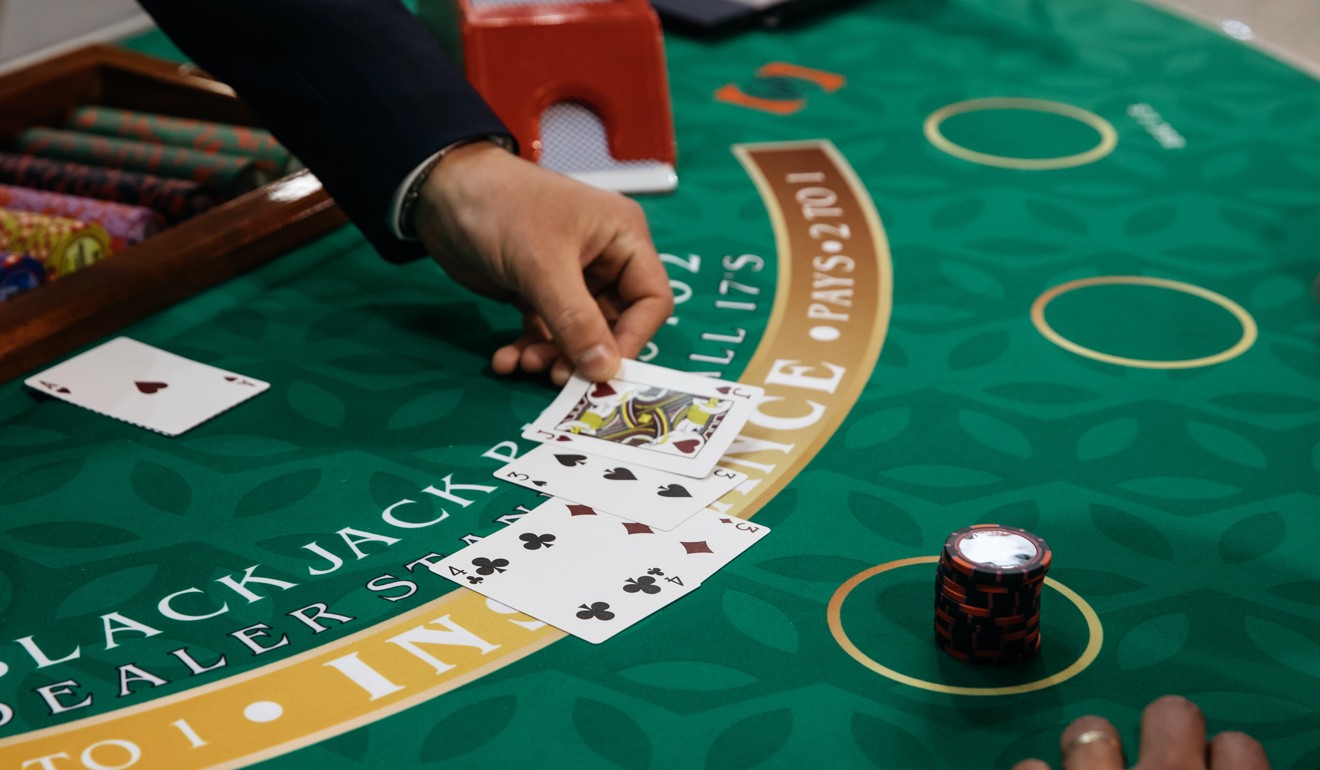
Investigation reveals widespread abuse of Macau cash-for-residency scheme
Anti-corruption report sparks fears programme is being used for money laundering as residency rights were found to be granted for as little as 140,000-pataca (US$17,325) investment
An anti-corruption inquiry has revealed long-running and extensive abuse of a Macau cash-for-residency scheme, sparking concerns that the programme was used as a conduit to funnel illicit capital out of the mainland.
A damning report by the Commission Against Corruption (CCAC) details serious oversight deficiencies and a lack of application vetting which allowed people to gain residency by simply buying up property, using “fictitious” investment projects and submitting bogus educational qualifications.
Hong Kong, Macau pivotal players in massive criminal racket using Canadian casinos, ‘dirty money’ report claims
The results of the investigation, released on Tuesday, came as Beijing continued its major and long-running crackdown on corruption as it seeks to choke off various channels used to funnel illicit cash out of the mainland through the former Portuguese enclave in contravention of China’s strict currency controls.

While the report did not give details of the origins of the money being “invested” under the scheme, nor the amounts involved, an anti-money-laundering consultant for the financial services industry who asked not to be identified said: “If it walks like a duck and talks like a duck … it sure looks like a capital-flight scheme to me. It costs a third of this to get a ‘golden visa’ to Portugal. Why choose Macau?”
A senior casino security insider added: “The poor oversight certainly provided a good vehicle for money laundering. It appears there was no check for the source of funds as required by financial institutions as well as casinos.”
Race to save 650 Macau dogs ‘at risk of being sold for their blood’ goes global
The immigration by investment scheme, run by the Macau Trade and Investment Promotion Institute, more commonly known by its Portuguese acronym, IPIM, first came into effect more than a decade ago.
In their report, the anti-corruption body said that it had “continuously received reports and complaints pertaining to ‘major investment immigration’ and ‘technical immigration’ in recent years, and there were indications of problems in the relevant systems and implementation (of the scheme)”.
It added that the purchase of property was used as a “disguise” for proper investment aimed at boosting and diversifying the city’s economy, which has for decades relied almost exclusively on gaming revenues.

“In this sense, such practices have contradicted not only the legislative intention to attract major investments from other places but also the government’s policy of suppressing property prices,” the CCAC report said.
When the scheme was set up, an initial minimum investment of 1.5 million patacas (US$185,620) was put in place to qualify for residency, but in 2015 after signs of abuse began to emerge, that figure was increased to 13 million patacas. However, in at least one case, residency rights were granted for an investment of as little as 140,000 patacas.
Are Macau casinos playing a losing hand in Japan?
Jackson Chang, the IPIM president, said he accepted the anti-corruption report – which included a raft of recommendations to improve oversight, vetting and checking procedures. He said that of the 65 residency permits submitted to the judiciary in violation of the law, 37 were being examined by IPIM and six were being investigated by other departments.
There were also 22 reports involving false education and employment data, as well as fake documents.
It is not known if anyone has been arrested in connection with the investigation and the CCAC had not responded to questions from the South China Morning Post by publication time last night.

